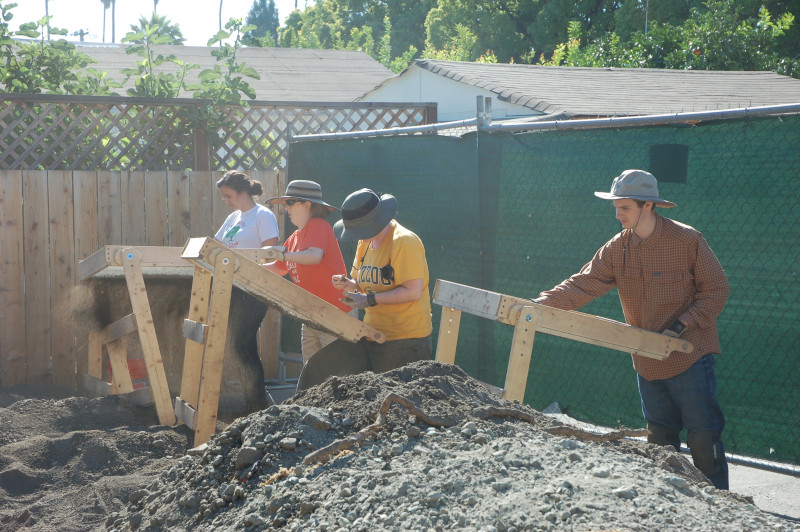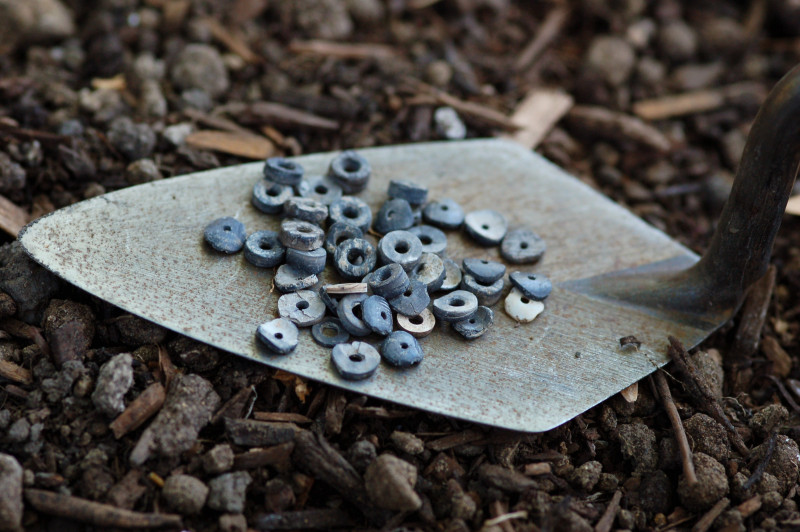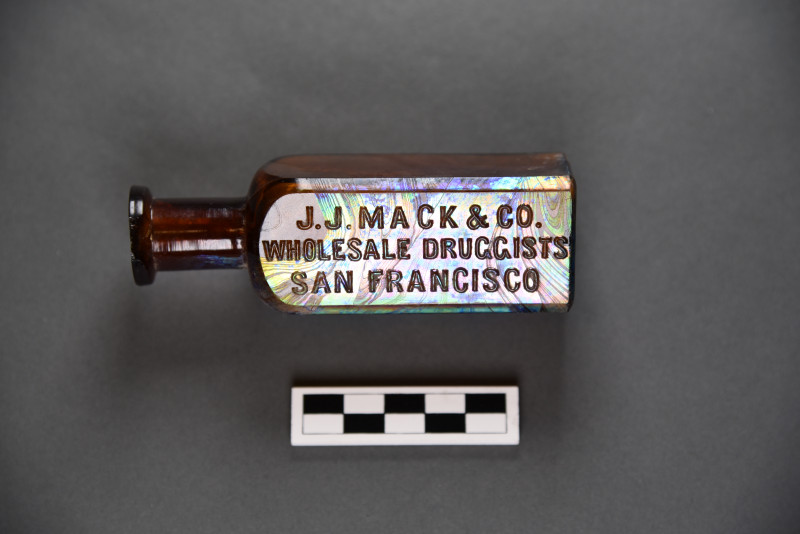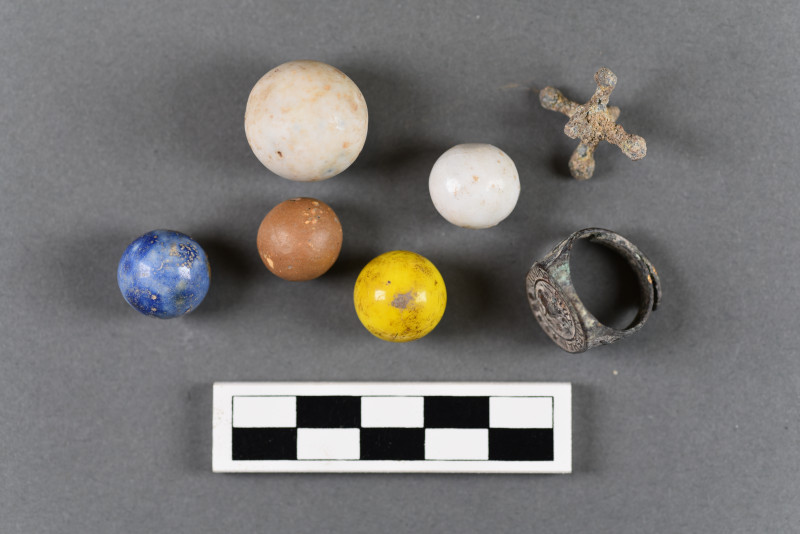Fieldwork
This listing expired on June 16, 2019. Please contact mkroot@scu.edu for any updated information.





Location: Santa Clara, CA, US
Season: June 20, 2019 to July 24, 2019
Application Deadline: April 15, 2019
Deadline Type: Rolling
Website: https://www.scu.edu/community-heritage-lab/field-school/
Program Type:
Field school
RPA Certified:
no
Affiliation:
Santa Clara University, Community Heritage Lab
Project Director:
Dr. Lee M. Panich and Dr. Matthew V. Kroot, Department of Anthropology, Santa Clara University
Project Description:
The Community Heritage Lab at Santa Clara University is excited to announce our summer 2019 field school in community archaeology! This field school is a unique combination of archaeological investigation, historical research, and community outreach. Students will get to experience firsthand how historical archaeology is done while also learning about its potential uses in and impacts on the wider world. We will be working with local institutions and neighborhood residents to provide useful resource for our community through rigorous research that employs essential and state of the art archaeological methods. Our efforts will be focused on American Era sites located within the Old Quad neighborhood surrounding the university, but we will potentially also investigate Colonial Spanish, Mexican, and American Era sites in the wider region. Students will be embedded in a thriving and vibrant urban area, with all the amenities that Silicon Valley has to offer. Come and learn about the past of the place where the future is made.
Period(s) of Occupation: Historical/Colonial Spanish, Mexican, and American Periods
Notes:
The course will meet Monday through Friday, and may include organized field trips to local points of archaeological interest. Students will have free time Saturday and Sunday to rest and/or explore the area. The Silicon Valley Community Archaeology Field School has a zero tolerance policy for misconduct. Please see the Santa Clara University Office of EEO & Title IX website for a full explanation.
Project Size: 1-24 participants
Minimum Age: 18
Experience Required: No experience is required, but some background in archaeology may be helpful.
Room and Board Arrangements:
There are several options for students. If you are local, you can live at your home residence. However, if you are traveling from elsewhere, you can stay in Santa Clara University dormitories for a fee. Summer 2019 prices have not been set, but based on last year’s prices students should expect to pay around $300 a week. You can also arrange your own lodging. During the summer many sublets become available directly around campus. The project directors will aid students in making these arrangements. Lunch, snacks, and water are provided by the project. Participants are responsible for their other meals. The neighborhood in which the project is located has all the resources of a typical urban college campus. There are a great number of affordable restaurants, supermarkets, coffeeshops, and the like, as well as a weekly farmer’s market. Students can also walk a short distance to a variety of major commercial districts and can use public transportation to connect to the wider San Francisco Bay Area. Cost: Students living in dormitories must arrange this through the Santa Clara University On-Campus Living Office. Costs have not been set for the summer. Based on last year's prices a room should run about $300 a week.
Academic Credit:
4 Quarter Credits credits offered by Santa Clara University. Tuition is $2840. Non-Santa Clara University students must pay an $80 application fee..
Dr. Matthew V. Kroot
Dept. of Anthropology, Santa Clara University, 500 El Camino Real
Santa Clara
CA
95053
USA
Phone: 408-551-3070
The AIA is North America's largest and oldest nonprofit organization dedicated to archaeology. The Institute advances awareness, education, fieldwork, preservation, publication, and research of archaeological sites and cultural heritage throughout the world. Your contribution makes a difference.